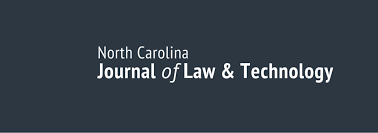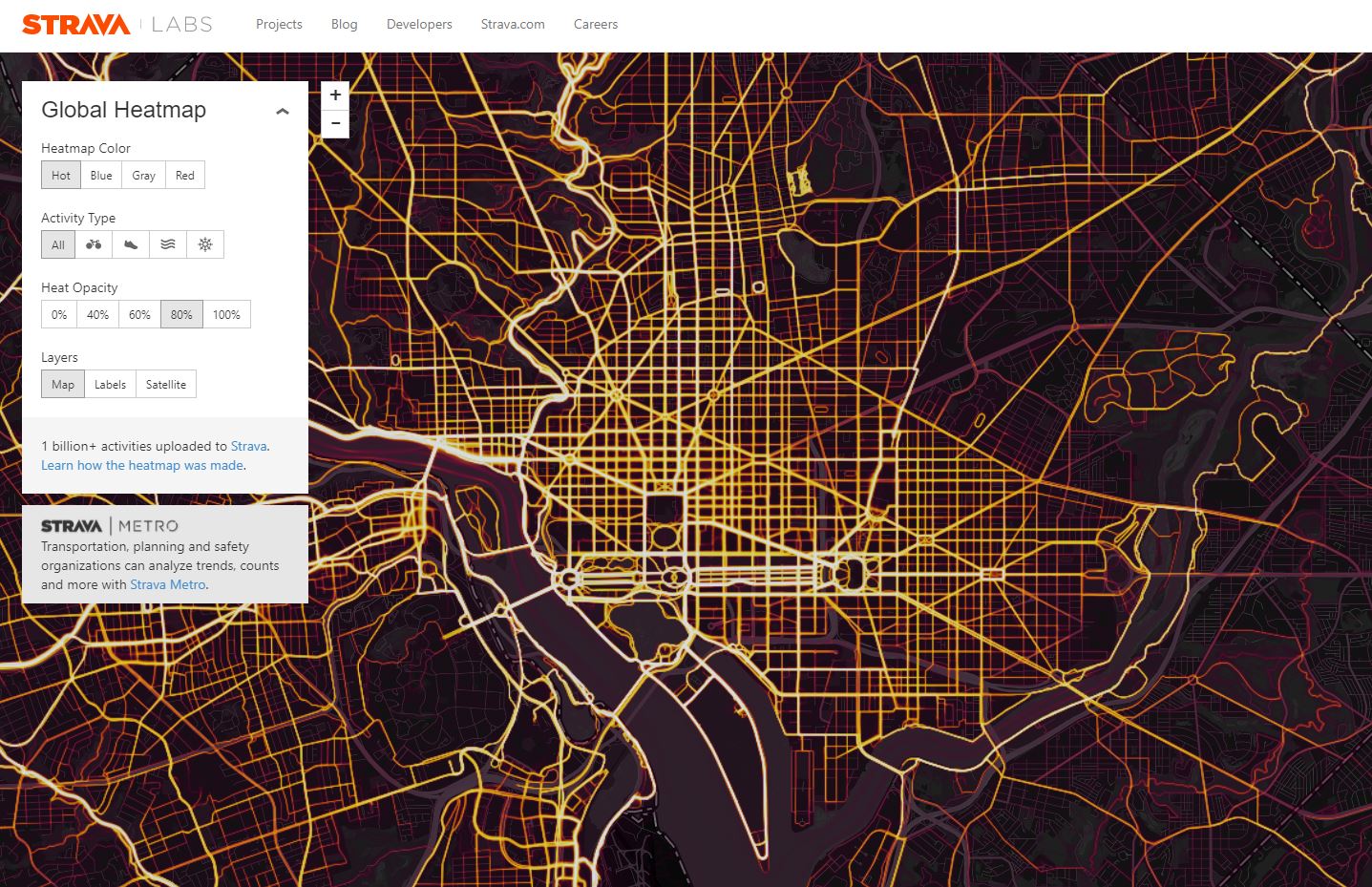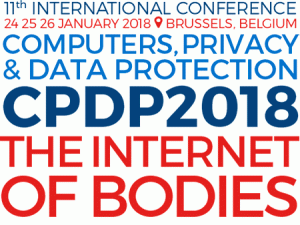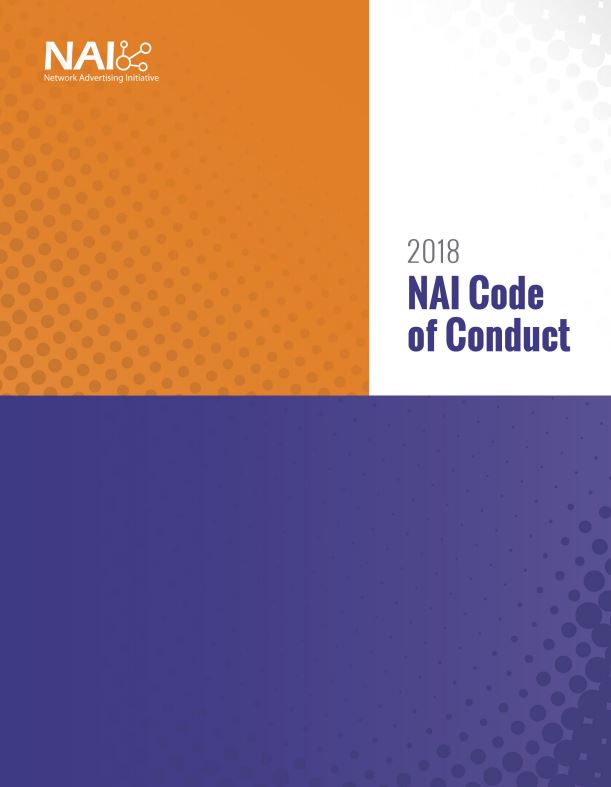Showing results for bonus 20x bobet secret bonus code koeln bonus 20x

Taming The Golem: Challenges of Ethical Algorithmic Decision-Making
[…] a “black box” that is inevitably plagued by bias and potential injustice. While recognizing that algorithms are man-made artifacts, written and edited by humans in order to code decision-making processes, the article argues that a distinction should be drawn between “policy-neutral algorithms,” which lack an active editorial hand, and “policy-directed algorithms,” which are intentionally framed […]

Seeing the Big Picture on Smart TVs and Smart Home Tech
[…] of TV data are often inclined to apply the same, or similar, standards as those that exist for online behavioral advertising, such as the Network Advertising Initiative’s Code of Conduct. Although similarities exist, direct application of standards for online advertising may not be appropriate unless they take into account key differences: As the FTC […]

If You Can't Take the Heat Map: Benefits & Risks of Releasing Location Datasets
[…] related to sensitive location (while some locations, such as abortion clinics or mosques, may only be sensitive in their relation to individual visitors, other locations, such as secret military installations, may be sensitive in their very existence). In our recent work with the City of Seattle, we explored risks related to Seattle’s Open Data […]

From cross-border transfers to privacy engineering, check out all panels and events FPF will be a part of at CPDP2018
[…] regarding the ePrivacy Regulation and the implementation of the GDPR to ensure better protection against physical tracking? Can self-regulation initiatives such as the Future of Privacy Forum code of conduct help improve the situation? Privacy engineering, lingua franca for transatlantic privacy Wednesday, January 24, 11.45, La Cave The Future of Privacy Forum is organizing […]

Privacy Scholarship Research Reporter: Issue 3, December 2017 – 2017 Privacy Papers for Policymakers Award Winners
[…] Abstract Talk of artificial intelligence is everywhere. People marvel at the capacity of machines to translate any language and master any game. Others condemn the use of secret algorithms to sentence criminal defendants or recoil at the prospect of machines gunning for blue, pink, and white-collar jobs. Some worry aloud that artificial intelligence will […]

NAI Combines Web, Mobile, and Cross-Device Tracking Rules for 2018
The Network Advertising Initiative (NAI) released its 2018 Code of Conduct yesterday, consolidating the rules for online and mobile behavioral advertising (interest-based advertising). NAI, a non-profit organization in Washington, DC, is the leading self-regulatory association for digital advertising, with over 100 members and a formalized internal review mechanism.

The Top 10: Student Privacy News (October-November 2017)
[…] browsing and ad tracking. EdWeek reported on the education implications behind a New York City Council bill that would require that “all city agencies publish the source code behind algorithms they use to target services to city residents.” ProPublica also released a report after “A federal judge this week unsealed the source code for […]

Law Enforcement Access to Student Records: What Is the Law?
[…] Protect Their Students & the Constitution,” Berkman-Klein Center, March 6, 2017. Program to collect information relating to nonimmigrant foreign students and other exchange program participants, 8 U.S. Code § 1372. Retention and Reporting of Information for F, J, and M Nonimmigrants; Student and Exchange Visitor Information System (SEVIS), 67 FR 76255. U.S. Department of […]

WannaCry About Backdoors
[…] the Shadow Brokers release of NSA hacker tools. In an era where leaks happen at scale and get disseminated globally, agencies face a “declining half life of secrets,” and must anticipate that their actions and techniques will be made public far sooner than historically was true. An important lesson picked up by tech policy […]

Privacy Scholarship Research Reporter: Issue 1, May 2017 – Algorithms: Privacy Risk and Accountability
[…] automated decisions comply with key standards of legal fairness. We challenge the dominant position in the legal literature that transparency will solve these problems. Disclosure of source code is often neither necessary (because of alternative techniques from computer science) nor sufficient (because of the complexity of code) to demonstrate the fairness of a process. […]
